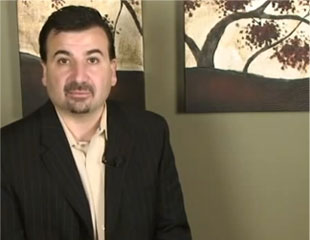The law also considers the financial repercussions of their passing and the burden that this places on family members. Persons entitled to recover damages are the deceased person’s spouse, including common-law spouse, children, grand-children, parents, grandparents, brothers, and sisters.
In the event of a fatal accident caused by the fault of another, family members of the deceased person may be entitled to claim compensation such as:
- Loss of care, guidance, and companionship that the deceased person would have provided to their family
- Loss of financial contribution that the person would have made to support their family
- Loss of household services and chores that the person would have done to support their family
- Funeral and burial expenses
- Out-of-pocket expenses reasonably incurred for the benefit of the deceased, travelling expenses during the deceased’s treatment, and either income allowance or the value of the expenses for the provision of nursing, housekeeping, or other services provided to the deceased
- Loss of income that family members suffer as a result of the death
Most of these categories can be translated into a pecuniary or economic loss, such as past and future income loss and out-of-pocket expenses. However, the loss of care, guidance, and companionship is a non-pecuniary loss and its value is based on the relationship you had with the deceased person. As a result, courts assess each claim on an individual basis considering the unique circumstances surrounding that particular relationship to determine what financial compensation is appropriate for the loss incurred.
 Losing a loved one is in itself difficult to cope with, but losing a loved one suddenly through a traumatic accident can be devastating. Trying to manage with the loss and continue living as normal a life as possible can be an overwhelming prospect.
Losing a loved one is in itself difficult to cope with, but losing a loved one suddenly through a traumatic accident can be devastating. Trying to manage with the loss and continue living as normal a life as possible can be an overwhelming prospect.






